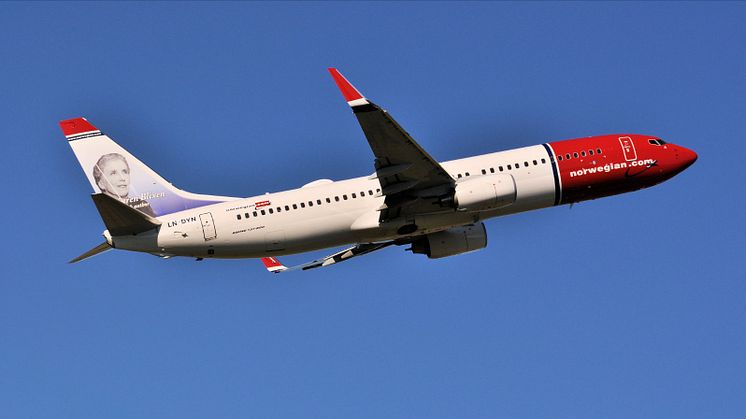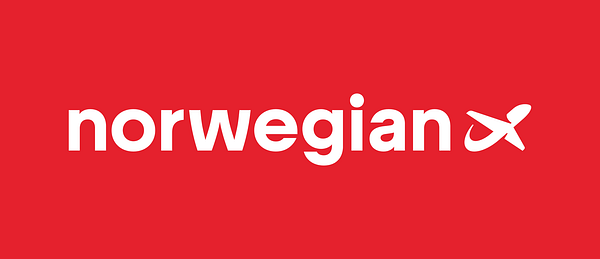
Press release -
Norwegian Reports October Traffic Figures: High On-Time-Performance and Flight Regularity
Norwegian’s (NAS) traffic figures for October show a high on-time-performance and strong passenger growth. The company’s overall punctuality was 90.5 percent and in its home market of Norway, it was a record high 95 percent.
1,510,477 passengers flew with Norwegian in October, 19 percent more than the same period last year. The total traffic growth (RPK) increased by 25 percent. The load factor was 81 percent in October, up by 2 percentage points from October 2010.
Record high on-time-performance and flight regularity
In addition to the high on-time-performance of 90.5 percent, Norwegian has world class flight regularity. The flight regularity is an indicator of how many of the scheduled flights are actually operated – or the lack of cancellations. 98.7 percent of all scheduled flights were operated in October, which means that the airline rarely cancels any flights.
More environmentally progressive
Norwegian is committed to actively engage in and support a sustainable environmental policy - and to continue to reduce emissions from aviation. By renewing the fleet, emissions are reduced and passengers are offered new and more comfortable aircraft. Norwegian has a clear goal of reducing emissions per flown passenger kilometer by more than 30 percent in the period 2008 to 2015.
In October the carbon emissions per passenger kilometer was 7 percent lower than the same month previous year.
Please find more financial figures in the attached pdf.
Contacts:
SVP Corporate Communications Anne-Sissel Skånvik; phone: + 47 97 55 43 44
CFO Frode Foss; phone: +47 91 63 16 45
Topics
Norwegian Air Shuttle ASA, commercially branded “Norwegian,” is a public low-cost airline noted on the Oslo Stock Exchange. The company is the second largest airline in Scandinavia, and has a route portfolio that stretches across Europe into North Africa and the Middle East. With competitive prices and customer friendly solutions and service, the company has experienced significant growth over the previous years. With more than 13 million passengers in 2010, Norwegian is the 3rd largest low-cost airline in Europe. Norwegian currently operates 59 aircraft on 261 routes to 100 destinations and employs approximately 2 500 people.


